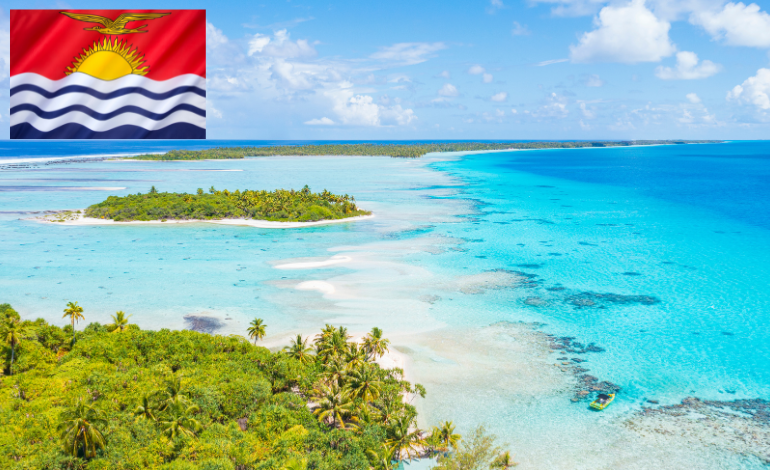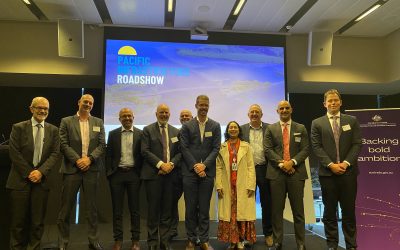Kiribati is facing critical infrastructure and energy challenges, which offer significant opportunities for investment. With the country heavily reliant on fishing and agriculture, the Kiribati government has prioritised projects aimed at upgrading its infrastructure and energy systems to support sustainable economic development.
One of the most urgent needs in Kiribati is the modernisation of its transportation infrastructure. The nation’s ports are critical for both domestic and international trade, and the government has announced plans to upgrade key port facilities to improve efficiency and increase capacity. For instance, the Betio Port, located in South Tarawa, is undergoing significant upgrades aimed at enhancing the nation’s trade connectivity. This project offers Australian construction companies the opportunity to provide expertise and materials, particularly as Kiribati seeks partners for port modernisation.
Another significant area for development is Kiribati’s energy infrastructure. With a high reliance on diesel fuel for electricity, the country is looking to shift toward renewable energy sources as part of its broader efforts to combat climate change and ensure energy security. In line with these goals, Kiribati has initiated projects to expand solar power generation, with the support of international partners like the World Bank and the Green Climate Fund. These projects not only align with global decarbonisation trends but also present opportunities for Australian renewable energy providers to supply technology and expertise.
In addition to energy and transportation, Kiribati is focused on improving its telecommunications infrastructure. The country’s internet connectivity remains limited, creating a significant digital divide between Kiribati and the rest of the world. To address this, the government has set out plans to enhance internet access across the islands by investing in new technologies, such as satellite-based communication systems. Australian telecommunications companies, known for their expertise in remote-area connectivity, are well-positioned to contribute to these initiatives.
Reeves Envico, a proud member of APIBC has worked on a desalination plant in Kiribati’s capital Tarava. It will be the largest in the Pacific Islands, valued at $60 million with grants from the Asian Development Bank (ADB), World Bank, and Green Climate Fund (GCF), according to the Reeves Envico website.
One notable example of international involvement is the Kiritimati Island Energy Roadmap, a project supported by the Pacific Region Infrastructure Facility (PRIF) that aims to achieve 100 per cent renewable energy for Kiritimati Island by 2025. This is part of Kiribati’s broader strategy to integrate renewable energy into its national energy mix. Australian businesses specialising in solar energy, wind power, and sustainable energy storage solutions could play a pivotal role in helping Kiribati achieve its ambitious energy targets.



